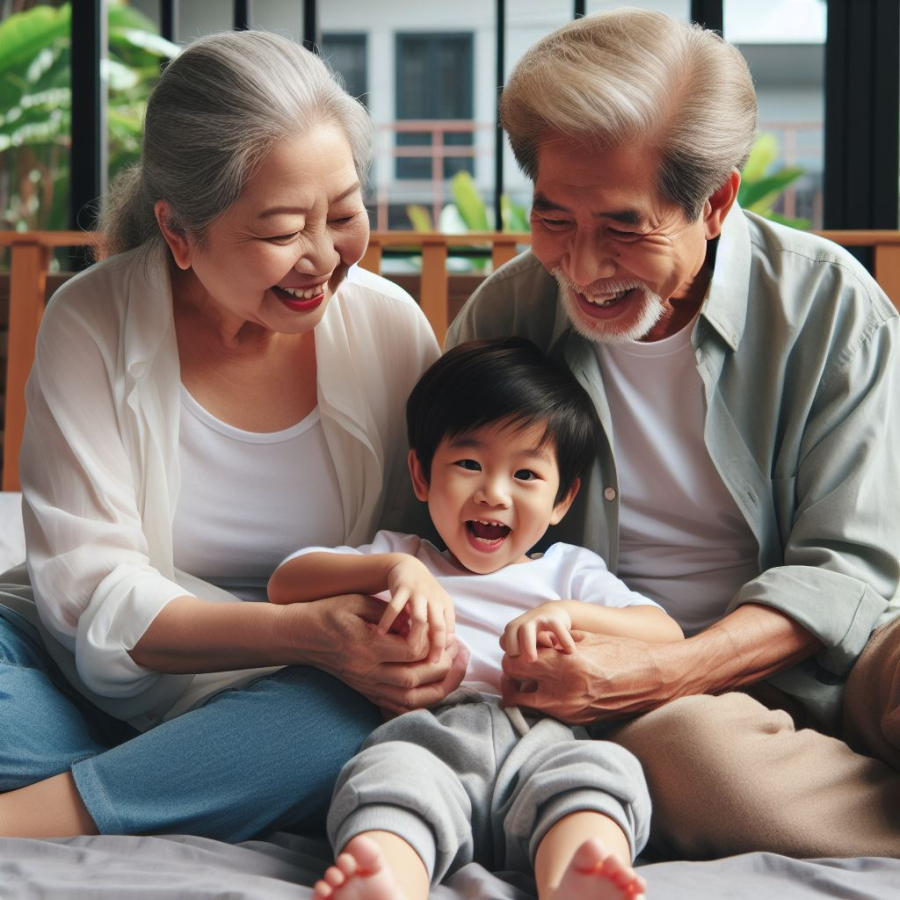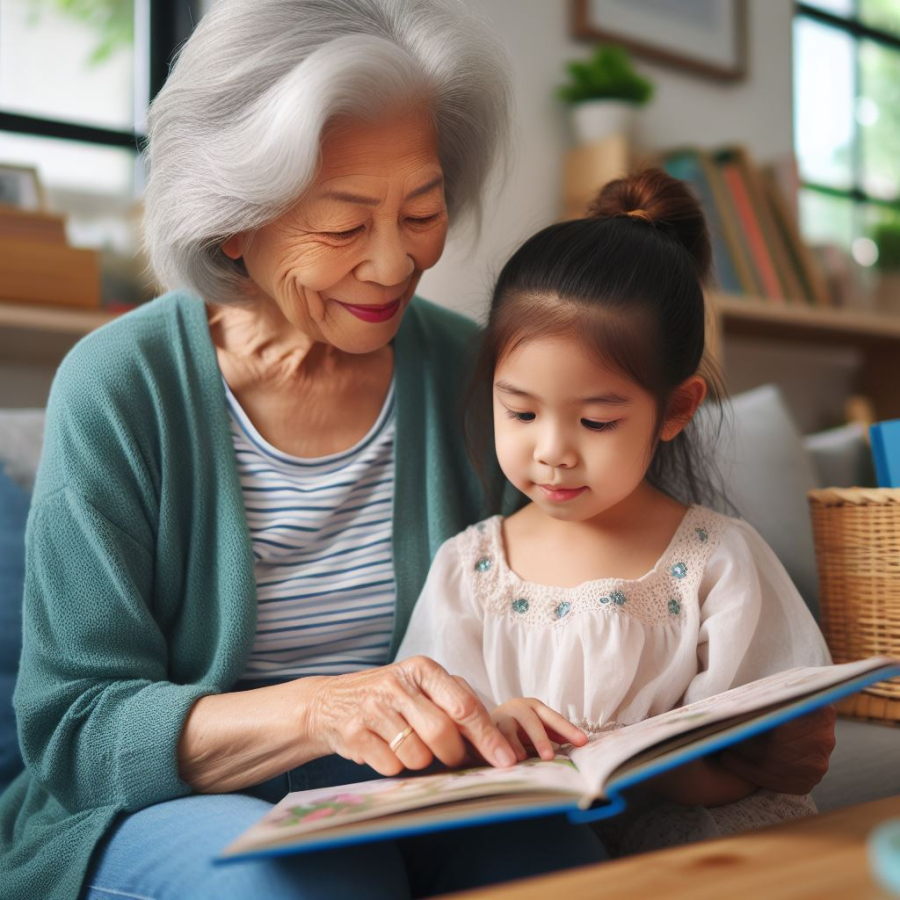It’s understandable that parents may sometimes be overwhelmed with work and other commitments, leaving little time for their children. In such situations, seeking the help of grandparents to care for the children seems like a viable solution.
There’s an adage that goes, “One grandparent is worth three babysitters,” emphasizing that grandparents can provide a unique blend of love, care, and responsibility that no one else can replicate.
However, differences in perspectives and approaches can lead to intergenerational conflicts, especially when it comes to child-rearing. While there are many benefits to living with grandparents, children may also pick up some undesirable habits from them. And once these habits are formed, they can be challenging to change.

Living with Grandparents Has Its Perks
Not all elderly individuals are set in their ways, and children raised by grandparents who fall into the following three categories tend to thrive and have bright prospects, so parents need not worry excessively:
Intellectually Engaged Grandparents
These grandparents value knowledge and come from a family with a strong intellectual background. They prioritize enriching their grandchildren’s cultural and educational foundation. As a result, the children are less likely to lag in knowledge compared to their peers, and their educational methods are reliable. Early and consistent exposure to a culturally rich environment greatly benefits the child’s overall development.

Grandparents Who Keep Grandkids Intellectually Stimulated
Grandparents Who Don’t Spoil Their Grandchildren
Some grandparents tend to shower their grandchildren with excessive love and affection, sometimes to the point of overlooking potential negative consequences. While parents may enforce stricter discipline, grandparents often give in to their grandchildren’s wishes. Compared to how they raised their own children, they may be more indulgent with their grandchildren, sometimes even going against the parents’ wishes to please the child. This can lead to the development of undesirable habits and a sense of entitlement in the child.
In contrast, grandparents who love their grandchildren unconditionally but also have clear boundaries and rules can positively influence the child’s behavior. They maintain specific standards and teaching methods to encourage healthy habits and positive life skills.

Grandparents Who Love Conditionally and Positively Influence Grandkids’ Behavior
Grandparents Who Take Grandkids Out to Explore
Children are full of energy and thrive in active play, such as outdoor running and jumping, or engaging in sports, all of which are essential for their physical development. Grandparents may not always have the energy to match their grandchildren’s active lifestyles, which could limit the children’s playtime and physical exercise. This may also reduce their social interaction with peers, impacting the development of their communication skills.
However, energetic and adventurous grandparents willing to take their grandchildren outdoors to explore and socialize can greatly benefit their development. The grandchildren will develop an active and curious mindset and learn essential life skills by discovering the world around them.
For parents, having grandparents care for their children can be reassuring, but it’s important to remember that their over-involvement may affect the parent-child relationship. Experts also caution about potential conflicts arising from differing childcare approaches. Open communication and discussion with grandparents about childcare methods are crucial to mitigating these issues.
If grandparents are willing and able, they can voluntarily offer their help in caring for their grandchildren. It’s essential not to burden them with excessive responsibility or treat them as mere babysitters but rather value them as precious companions in the journey of raising and educating the next generation.
Who Has a Greater Impact on a Child’s Development: Paternal or Maternal Grandmother?
A recent study has sparked intriguing debates by revealing surprising findings about the greater influence on a child’s development: the maternal or paternal grandmother. This unexpected twist in the understanding of childhood influences warrants further exploration and sheds light on the pivotal roles played by grandmothers in shaping young lives.





































